Click to read the article in Turkish
Photo: From left (clockwise) Fernando Haddad (Brazil, IE Advisory Board member), Lula da Silva (Brazil, president), Vicenta Jeronimo Jimenez (Guatemala, Peoples' Liberation Movement MP-IE Advisory Board member), Alvaro Garcia-Linera, Bolivia, former Vice President-IE Advisory Board member ), Evo Morales (Former President of Bolivia), Guilherme Boulos (Brazil, Leader of the Homeless Workers Movement-IE Advisory Board) Gustavo Petro (President of Colombia-IE Advisory Board member), Francia Marquez (Vice President of Colombia), Elizabeth Gomez Acorta (Argentina, Minister of Women-IE Advisory Board member)
Progressive International, alongside incorporating powerful South American political figures and organizations, relying on a north-south dialogue during Latin American left's electoral victories, it has been instrumental in mediating between the left, democratic forces of North America and Europe and the left forces of Latin America and played an active role in organizing delegations and solidarity expeditions.
David Adler, General Coordinator of Progressive International, was in Latin America all this time. We talked about this continental process and the new internationalist wave with David.
We are publishing the second part of the three-part interview.
* * *
A large group of activists and politicians from among the rising left forces in Latin America are already on the Progintl's Board of Advisors, including the president of Colombia (Gustavo Petro), Fernando Haddad former Presidential candidate and mayor of Sao Paulo and formerly included Gabriel Boric (Pres. Of Chile) and Giorgio Jackson (Chief of Staff of Chile's president) etc. What is your opinion concerning the part played by the Progintl in the rise of the left in politics and social struggles in the recent election campaings, and what has been the added value by these influential and robust figures in the posture of Progintl in Latin American politics?
David Adler: The Progressive International has become a key infrastructure for the Latin America left — not only among its high-ranking politicians, but across its social movements, trade unions, and political parties, which have joined and continue to apply for membership to the Progressive International.
Common spirit of resistance
Why is there such broad interest in and commitment to Progressive International in the region? One reason is historical. The nations of Latin America are united by their common history of resistance to the Spanish Empire, by common historical referents like the liberator Simon Bolivar, and even by a common vision of the continent as a patria grande, a shared homeland for Latin American peoples.
This spirit of shared resistance carried over into the century that followed with the fight against US Empire. In Washington, the US was governed by the "Monroe Doctrine" that supposedly endowed it with the right to dominate the Western Hemisphere. Latin American peoples found unity, as well, in their resistance to US intervention and their pursuit of sovereignty against its corporate, military, and diplomatic power.
Structural effects of
Spanish and American colonialism
Another reason is structural. Partly due to their common histories of Spanish colonialism and US dependency, Latin American economies share common features: highly integrated into the global economy, highly indebted in a foreign currency, and highly reliant on rising commodity prices to support its extractive industries. These common features can help explain why politics in the region behaves as a 'tide,' rising and falling in unison.
Progressive International in Latin America:
Resist, rebuild and reimagine
In this context, Progressive International has played three main roles in Latin America. I would describe them as: resist, rebuild, and reimagine. Resistance is critical given Latin America's exposure to the rest of the world: resistance to the IMF's structural adjustment, for example, or resistance to military intervention by the Organization of American States (OAS). Progressive International plays a critical role in organizing international support and solidarity for local acts of resistance to these mechanisms of intervention — for example, in the decisive role we played in coup attempts in Ecuador, Bolivia, Peru, and Brazil.
Resistance is not enough. The task of these Latin American governments is to build new institutions that can integrate the region to guarantee it greater resilience, sovereignty, and economic strength — institutions like UNASUR, which was built in the first 'tide' of progressive governments and subsequently destroyed by the conservative reaction that followed. Progressive International has a key role in supporting these forces to come together and rebuild these international institutions in the newest wave of democratization.
Finally, Progressive International has a role to play in reimagining global governance at large from the Latin American perspective. If our initiatives bring global solidarity to bear on local acts of resistance, so the Progressive International aims to bring together political forces from around the world to challenge global institutions — whether it is the IMF, the WHO, the WTO, or UNFCCC — to bring about a New International Economic Order than can serve the interests of the peoples of Latin America and those of all oppressed peoples in neighboring continents, as well.
"Latin America is undergoing
a left power tide, not a revolution
Once in power, what part those left leaders who are already affiliated with the Progintl, could be expected to play in reinforcing the Progintl in terms of organization, membership, access to popular networks, increased media and public appearance, hosting joint international projects as well as promoting the Progintl through their domestic and international ties. Could we expect that Latin America may play mutatis mutandis the part for the Progintl that Russia had played for the IIIrd International?
The comparison between the "Comintern" and "Progintern" is illuminating. Latin America is undergoing a rising 'tide' of left power — not a revolution. Tides ebb, and tides flow. Latin America's present left tide is particularly susceptible to a rapid ebb to sea, for several reasons.
One reason is structural. Unlike the first pink tide, the present is defined by very challenging structural conditions: an energy crisis, a food crisis, and a debt crisis that hangs over Latin America with tremendous menace. The pandemic had already pummeled Latin America into an extremely severe recession, with explosive levels of poverty. Progressive governments now have the challenge of addressing these social and economic crises in the context of a worsening global outlook.
Left governments hold the executive
but the legislature is in the hands of the right
The second reason is political. The new tide of progressive governments has come to power with tiny majorities — Petro won by 3%, Lula by 1.8% — and minorities in their respective legislatures. This poses major challenges to their abilities to govern on behalf of their people — and, down the line, challenges in retaining power against a resurgent and increasingly savvy right-wing.
Finally, the new Latin American left will face off against US power that is increasingly hungry to reclaim control of the hemisphere. The US is already preparing strategies like "lithium diplomacy" to secure the resources of the region, as well as deepening its military engagement in countries like Colombia, recently designated as a Major Non-NATO Ally. This 'New' Monroe Doctrine presents existential threats to left projects beyond the declared adversaries of the US like Cuba and Venezuela.
The Latin American left can play
the part of a protagonist, but not a patron
The Latin American left can therefore play a critical role in the construction of Progressive International as a protagonist rather than as a patron. If the Soviets were able to support, strengthen, and even bankroll left projects far beyond the borders of the USRR, the Latin American left neither has these resources nor political space for a maneuver. Their contribution will be active and equal participation along with progressive forces of the world in a common front that will defend their own interests as much as advocate those abroad.
(AEK)
________________________
Tomorrow: LEFT TIDE IN LATIN AMERICA - III: New mission: Contributing to integration, spreading the lessons of the Cuban Revolution across the continent
LEFT TIDE IN LATIN AMERICA - I: David Adler: "A new vision that is feminist, ecologist, and pluralist"




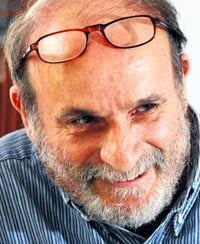
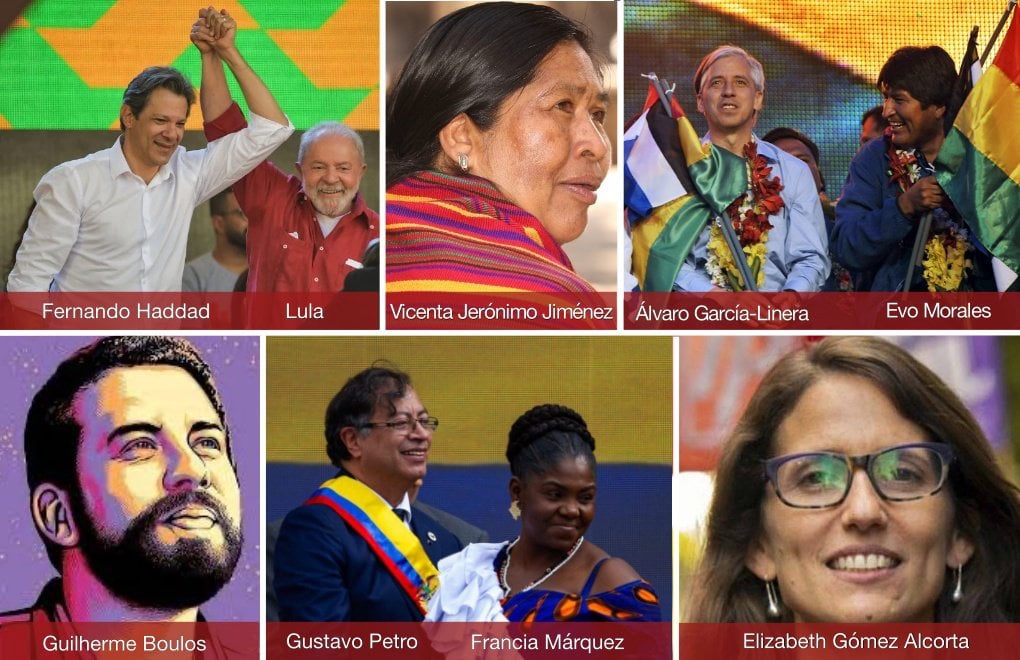
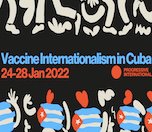
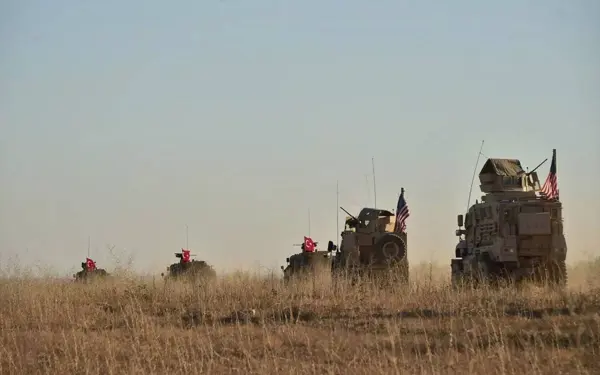
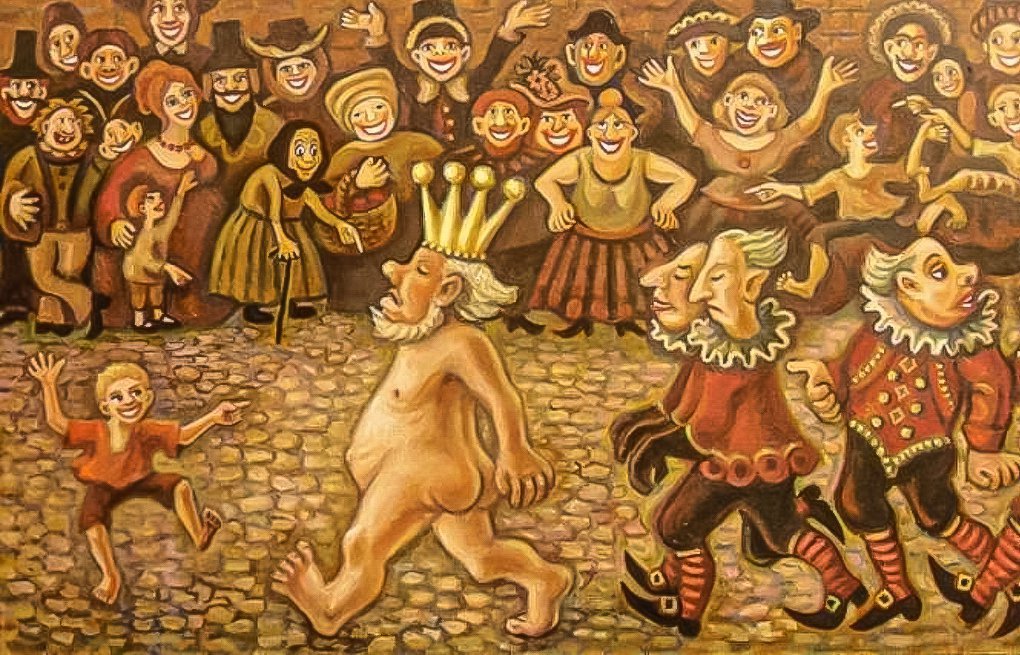
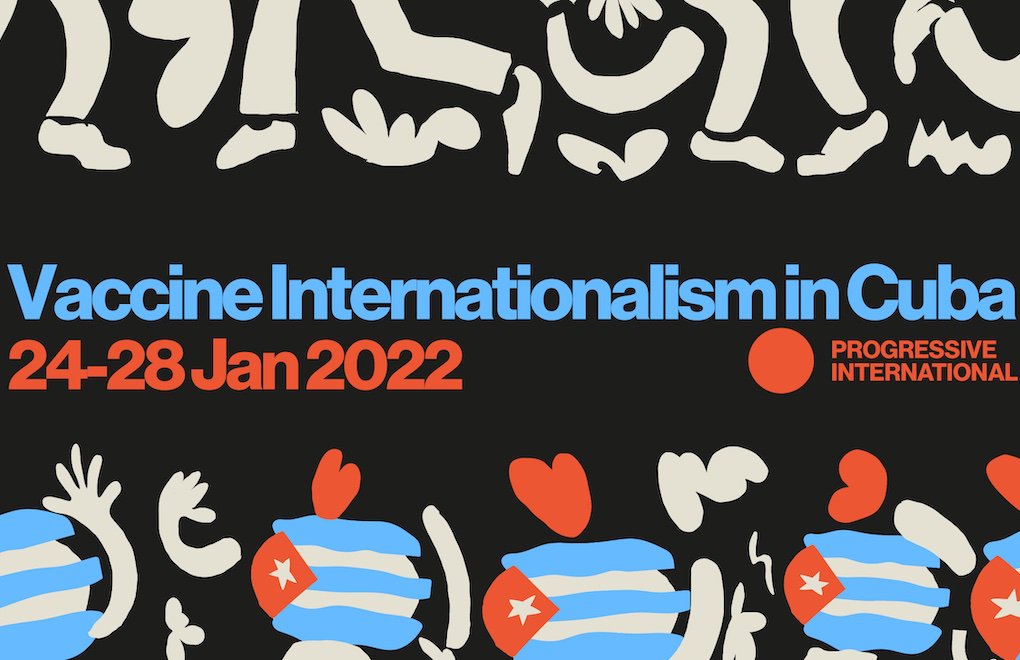
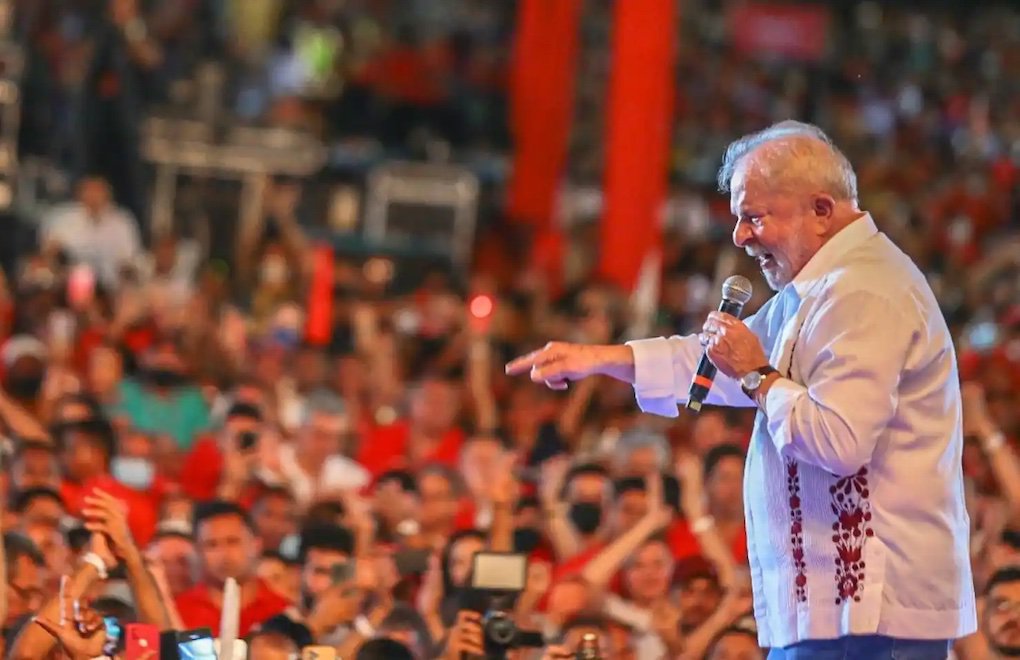
.jpg)